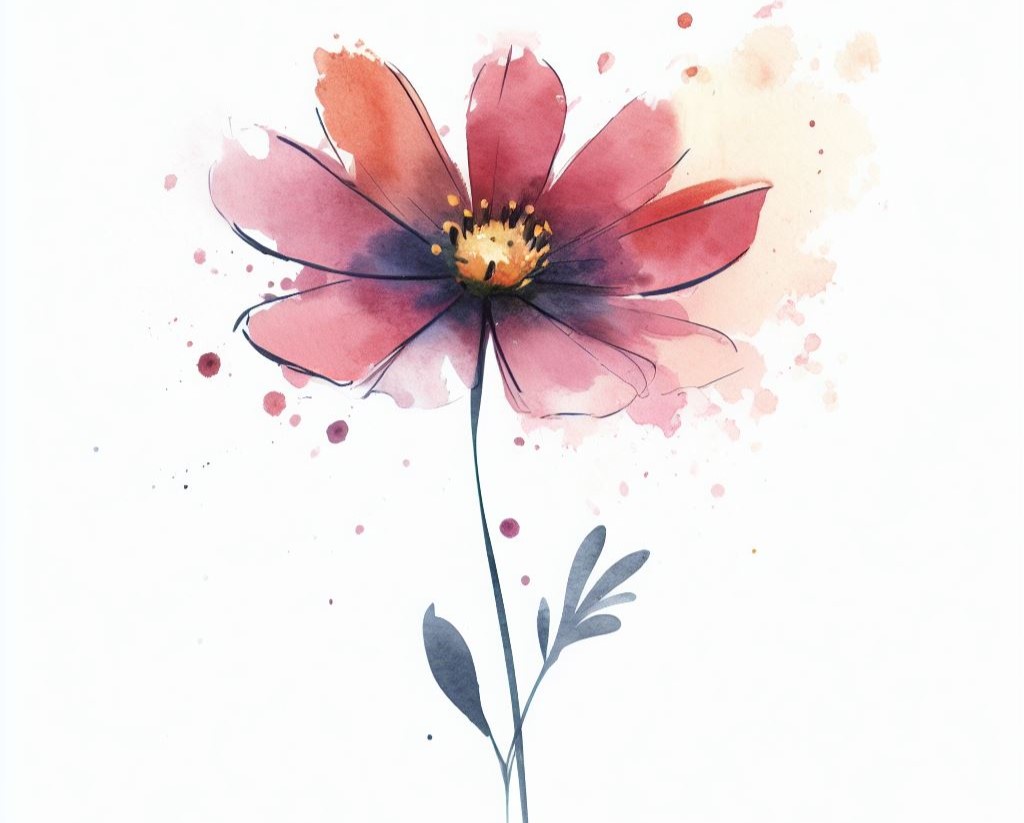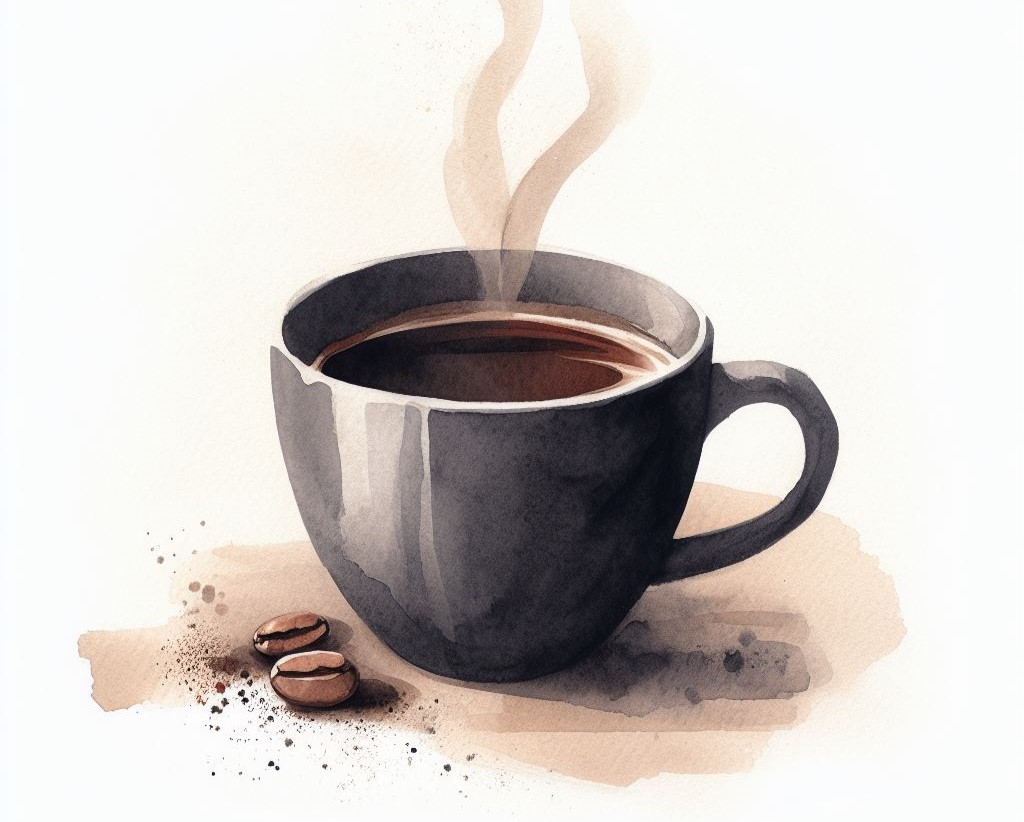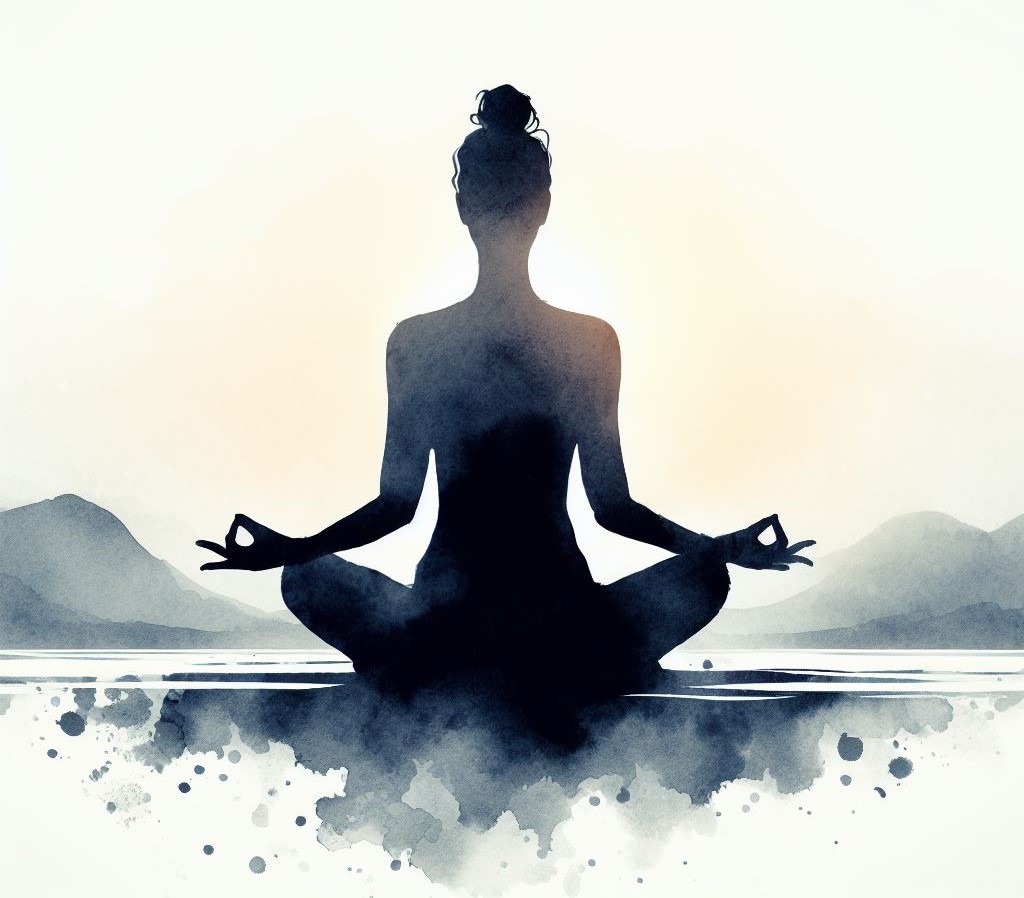If you make it in life, you’re going to be happy! As long as you dedicate yourself to a respectable career, hustle, and throw in some shiny things like a nice house, car, and maybe a kid or two, you have won life. But is it really that binary?
As you’re probably well aware, there are a few missing factors here. The problem with this narrative is there’s no substance. The pursuit of happiness is existential in nature. Having everything you have ever wanted is nice and all, but it’s not going to fulfill you because that feeling you’re really looking for is achieved by doing the spiritual legwork.
From here you have two choices. Continue on with this cycle of need by scratching the itch to gain more, or take the path less walked by cultivating contentment with what you have. One path will lead you on a rat race your entire life. The other will lead you to genuine fulfillment. It’s time to break the illusion of needing more, so let’s look at how to do it.
Why having less improves your life

Back when I was younger, I thought things were the keys to happiness. I was always envious of people with a lot to show for their lives. Why? Because I felt empty inside, and thought I needed to prove something to the world.
To me, happiness was correlated with success, and success was a token of how much people had. When I decided to start traveling, my values changed dramatically. Not having a home meant I had to fit everything I owned into a backpack or get rid of it.
So I trimmed back to the essential clothing, documents I needed, and a few things I use all the time such as my laptop, wallet, and phone. What was once a scary thought became the most liberating decision I ever made, because trimming back provided a wholeness I once never had.
Now it has been around seven years on the road, having lived in eight countries, and visited many more. What I realized is that we often have so much that we don’t need, that cutting down to the minimum is such a good feeling because:
- We realize how little we need to be happy
- We get so much more value out of everything we have
In this article, I’m going to tell you exactly how to break the cycle of need by cultivating contentment. This is going to allow you to indulge in a much richer life experience where you value what you have. Otherwise, below is an article I wrote about what success means. I suggest you have a read before moving on.
Why is it bad to 'need' something?
Desire is a double-edged sword, but need is a low vibrational energy. The reason why need sucks is because it distorts your reality by making you think you never have enough, therefore you can’t be satisfied with what you do have.
Thankfully, the feeling of need is optional. It can be tricky to get out of, but if you have the bare essentials like food and water, you qualify. Breaking the perception of need requires you to build the muscle of gratitude.
Here are some reasons why the feeling of need is harmful.
- You end up spending a lot more money than you need to due to the belief that things will improve your life
- You become dependent on things and use them as a crutch to feel fine
- The desire to consume and accrue often becomes a form of escapism
- Excessive consumption stops you from feeling your emotions and processing them
- Excessive consumption reduces your self-control and leads to a lack of self-discipline
- You become more cluttered as you have more things to deal with
- Having excess things often causes you to become less grateful for what you have
To explore the topic further, check out this article regarding escapism and our desire to avoid by attaining more:
Truths I learned about finding true fulfillment
There are three fundamental truths I have discovered when it comes to being content with your life. Reduce how much you consume, reduce how much you have, and stop seeking more.
- Stop consuming so much: The less you consume in general, whether it’s food, water, toilet paper, money, or materials, the more content you’re going to become.
- Stop accruing so much: Make sure you get a lot of value out of everything you have, stip down to the things you use regularly, and get lots of value from.
- Stop seeking more: Whether it’s money, relationships, or experiences, constantly working towards things is a sign that you’re lacking. If you want to be fulfilled, change your relationship with life by being present with the experience and navigating it instead.
Fulfillment through perception: Viewing life through the minimalistic lens

Minimalism is an ideology where you see your life in a frame where the less you have, the more value you get. This lifestyle isn’t just about trimming back, it’s an entirely different way of seeing the world around you.
To go from desire to contentment, you need to maximize the value that you get out of everything you have, and everything you do. That’s what your sense of contentment simmers down to – how much you value everything in your life.
Maximizing the value out of everything you have by minimizing your life gives you a form of freedom, detachment, and impermanence that is hard to achieve otherwise. That’s because possessions are a burden. They can be useful burdens, but they’re still burdens.
When you think about it, most things provide nearly no value at all. They just become excess noise that doesn’t benefit your life in any way. Most of our lives are filled to the brim with stuff we don’t need (or use), but we have been conditioned that having more is a sign of success. This is the first thing we’re going to address.
The fallacy of needing more: Social materialism
Society is materialistic. We are conditioned to believe that a good life entails having lots of resources. That’s the bottom line of it. So we slave away to build the life we are told to dream about. If you fail, you have spent your whole life chasing a tale. If you succeed, you still won’t be fulfilled. Who’s the real loser here?
Society will tell you that spending money will make you happier and that success correlates with a material condition. After all, if nobody buys pointless crap, the social structure will fail as it’s based on consumerism. Because of this structure, society is superficial, and people revolve their lives around acquiring useless things.
People spending money isn’t necessarily a bad thing. The problem is that people are eluded into an artificial sense of fulfillment, and lose touch with what’s important.
People’s values become skewed because they believe that authentic happiness must be paid for. So we end up chasing crap instead of going after things that provide genuine happiness – such as experiences, opportunities, connections, and spiritual growth.
What are the real metrics of happiness?
There is no correlation between wealth and happiness. The study ‘High income improves evaluation of life but not emotional well-being‘ supports this claim once you make enough to live comfortably.
I have done a lot of soul-searching in my life, and what I find is that people who have little, in any country, are usually the most grateful, friendly, generous, and humble people you will ever meet. These are the metrics that I associate with happiness. Not wealth. So this has to tell you that so many of us are barking up the wrong tree.
People with less don’t have the liberty to be brainwashed by this little voice in their heads. They dropped out of this materialistic rat race a while ago, and instead of tormenting themselves by believing they are losing the race, they take a different approach: By valuing the things that matter instead.
The shocking truth about materialism
Until you realize that 90% of the things you want won’t make you happier, you will always be controlled by them. Don’t be fooled by the carrot dangling in front of your nose. Now you need to resist the temptation to chase it!
The things you’re chasing provide nothing more than a burden that supplements the ego. They just give you more to identify with and make it harder to let things go. Do you want to have a truly free life? Then what’s actually holding you back from achieving this sense of freedom?
The more you have, the more attachment you form. You identify with your possessions and are eluded into a false sense of self. Ultimately, the more you identify, the more pain is generated through physical attachment and permanence.
How to become more content with what you have

We have been conditioned through marketing, advertising, and visual pollution to have more. Instead of spending your life as a wild goose chase, what can you do to overturn this perception and get true value out of life?
Happiness can not be found outside of yourself
The things that you think you need are blanketing what you’re searching for underneath. You’re looking for a feeling of contentment which can be found through mindful consciously. By living consciously, you live a richer life because you’re present with all of your experiences.
When you’re tempted to fall back into that pothole, take a moment to remember that happiness can not be found outside of yourself. So put this notion into practice by resisting the urge to get more, and focus on doing the inner work instead.
It's the little things that count!
We have a natural propensity to place more value on expensive things because we equate cost with value. But how much does a sunset cost? What about a swim in the ocean, spending time in nature, that moment of deep laughter with your friends?
All the things that count don’t cost a dime. So why are you buying all these things instead of indulging in real experiences? Living a life of high value is to focus on the little things. Experiences are what make your life better, not things. So instead of accruing things, start looking for something more substantial.
Start appreciating what you have
Building the muscle of gratitude should be the aim of the game here. When you’re grateful for all the things in your life, you’re going to be fulfilled. Ultimately, life is going to be much more wholesome.
Think about it. The reason why people try and attain all these things is because they are trying to achieve the feeling. That feeling is gratitude which is a high vibrational energy, and it feels great!
But the funny thing is that people tend to have it backward. They think that gratitude is dependent on having more when it’s not. Gratitude is a muscle that you develop. Sure, having more might give you an advantage here, but you absolutely don’t need more to feel grateful. Rather, it’s something you need to cultivate.
So by reverse engineering the process and cultivating more gratitude in your life, you are creating a huge shortcut in life. I can’t go too deep into this phenomenon here, so here are a couple of articles that do.
Reevaluate what's actually important to you
Fulfillment comes from having meaning in your life, not having stuff. Meaning is cultivated by walking your path in life and finding something deep inside yourself that gives reason. Allowing yourself to enjoy your possessions is fine. Having some things due to sentimental value, no worries. But there is a line here that you want to be careful not to cross.
reevaluate what matters to you. I suggest writing a list of things that will make you feel better about your life. Keep this list handy and start working on those things. Here is an article that goes into more depth about this topic.
Milk value from everything you have
You can drastically reduce how much you consume by milking value out of everything you get. If you buy a chair, make sure you use it regularly, otherwise, what’s the point? Have a notebook? Fill up every space with ink before getting another. Have a laptop? How often do you actually use it? Are you using it to its full potential?
Start by letting go of everything that doesn’t serve a high amount of value to you. There is nothing wrong with having possessions that provide a lot of value, but most people have so much excess. You will see that most things you have really provide no value at all. A large amount will provide a small amount of value, and very little will provide a lot.
Start trimming the fat
Keep the items you need, and those that you get a lot of value from, but let them go when their service is up. Look at what you own, and see how much you use everything. Use everything until you can no longer use it, instead of throwing away good items that can still provide value.
There are so many things I don’t own, and have absolutely no intention to get them. I don’t need a TV or a car. All I have is my laptop which I use all the time, my phone, wallet, documents and passports, clothes, journal, and a few bits and pieces. And I genuinely feel like I have all I need with these things, and have no intention of getting more, unless I need it for some reason.
If you don’t need something, don’t get it. Learn to appreciate what you have, and be grateful for it. If there’s something you don’t have much time for, then it’s probably not worth having.
Simple tips to get more value from your life

To really get more value out of everything in your life (and to appreciate the things you have), you need to make a big reduction in your life. This doesn’t mean doing anything dramatic, but you want to trim down your input and output to the bare minimum. Your life doesn’t have space for excess anymore.
Watch how much you consume
Avoid how much you consume. Besides the obvious things like food, alcohol, and sugar, this also applies to what you use. Toothpaste, cosmetics, electricity, TV, social media, and even external energies all contribute. Start reducing your input in general, and you’ll find that your happiness becomes much easier to sustain without this excess noise.
Only buy what you need, stop splurging!
After cultivating an awareness of how much you buy and what you actually use, start cutting out everything that you don’t have a good justification for your purchase.
Cutting back takes a little discipline. Buying things is easy. It feels good because it gives you a dopamine kick. People tend to buy things when they feel down, whether it’s comfort food or a possession, it’s a core reaction for a lot of people. You need to be defiant of that reaction to impulsively buy, and see it as a muscle that you need to work.
Invest in high-quality products
Invest in high-quality items that provide lots of value through durability and lifespan, rather than low-quality items that are cheap and disposable. Due to getting higher quality things, you’re going to get so much more value from them. This also works well for your bank account as you aren’t constantly replacing items.
Stop upgrading
Instead of jumping to the next phone model as soon as it’s released, work your product until its death, or until you need a new model for a practical reason (sorry, being on top of fashion trends isn’t one of them).
Avoid disposable items if you can
To an extent, we can’t avoid disposable items. Coffee cups, toilet paper, packaged food. But there is a lot you can control. Besides having obvious environmental benefits, you just want to reduce your output and waste in every form you can.
Minimalism is an important movement that will help you break the cycle of need. There has been a lot we’ve touched on in this article, so make sure you read over everything and apply what I’ve said. Remember, having less benefits you in so many ways. Make the effort to avoid this consumeristic trap that most people find themselves in.
If you want to explore this topic more, I suggest checking out I suggest you look up The Minimalists. The minimalists are a trio of people who deep dive into minimalism, and the benefits of cutting back.

